1. How Parents Begin Their Journey with the IB Programme
“I have two children — one in primary school and another entering high school. I always thought international education mainly meant American or Cambridge programmes. But recently, many parents in my circle started talking about IB — the International Baccalaureate.
So what exactly is IB? How is it different from American programmes (AP) or the British A-Level? Can any school offer IB? And if my child studies IB, will it really give them an advantage when applying to top international universities?”
These are the same questions many successful parents are asking today when exploring truly global education for their children. This article compiles accurate and up-to-date information about the IB Programme — from a parent’s perspective — for those investing seriously in their child’s academic future.
2. What Is the IB Programme?
The International Baccalaureate (IB) is a global education framework established in 1968 in Switzerland. It is now offered by over 5,900 schools in more than 160 countries worldwide (source: International Baccalaureate Organization – IBO).
Unlike traditional curricular, the IB emphasizes critical thinking, creativity, independent learning, and holistic development. IB students are encouraged to connect classroom knowledge to real-world contexts and learn how to think, not just what to memorize.
The IB framework consists of four key programmes:
- PYP (Primary Years Programme) – Primary education
- MYP (Middle Years Programme) – Lower secondary education
- DP (Diploma Programme) – Upper secondary education
- CP (Career-related Programme) – Career-oriented pathway
More details can be found on the IB Curriculum Overview – IB Schools.
3. Is the IB Programme Difficult?
The IB is known to be challenging — but absolutely worth it.
IB students study core academic subjects while also completing three unique IB components:
- Extended Essay (EE): an independent research paper that develops academic writing and analytical skills early.
- CAS (Creativity, Activity, Service): creative and community projects that nurture leadership and social responsibility.
- TOK (Theory of Knowledge): a signature course that teaches students how to think critically about what they learn.
According to the IB World Archive – “Serving a Higher Purpose”, these components help students grow intellectually, socially, and emotionally — preparing them for university-level study.
4. How Is IB Different from AP or Cambridge?
Many parents often compare IB with other well-known systems such as the American AP or British Cambridge A-Level.
.jpg)
In short:
- AP focuses on test performance.
- Cambridge focuses on subject knowledge.
- IB focuses on how students think, learn, and apply knowledge in real life.
5. Does Studying IB Help Students Enter Top Universities?
Yes — significantly.
A Crimson Education report shows that IB students have an 18–22% higher acceptance rate at Ivy League and top U.S. universities compared to general applicants.
A study from The Global College also found that IB graduates have a greater likelihood of being accepted into elite institutions, thanks to their superior essay writing and interview skills.
Additionally, research by the IB Organization revealed that 92% of IB Diploma students enroll in higher education, a far higher rate than global averages.
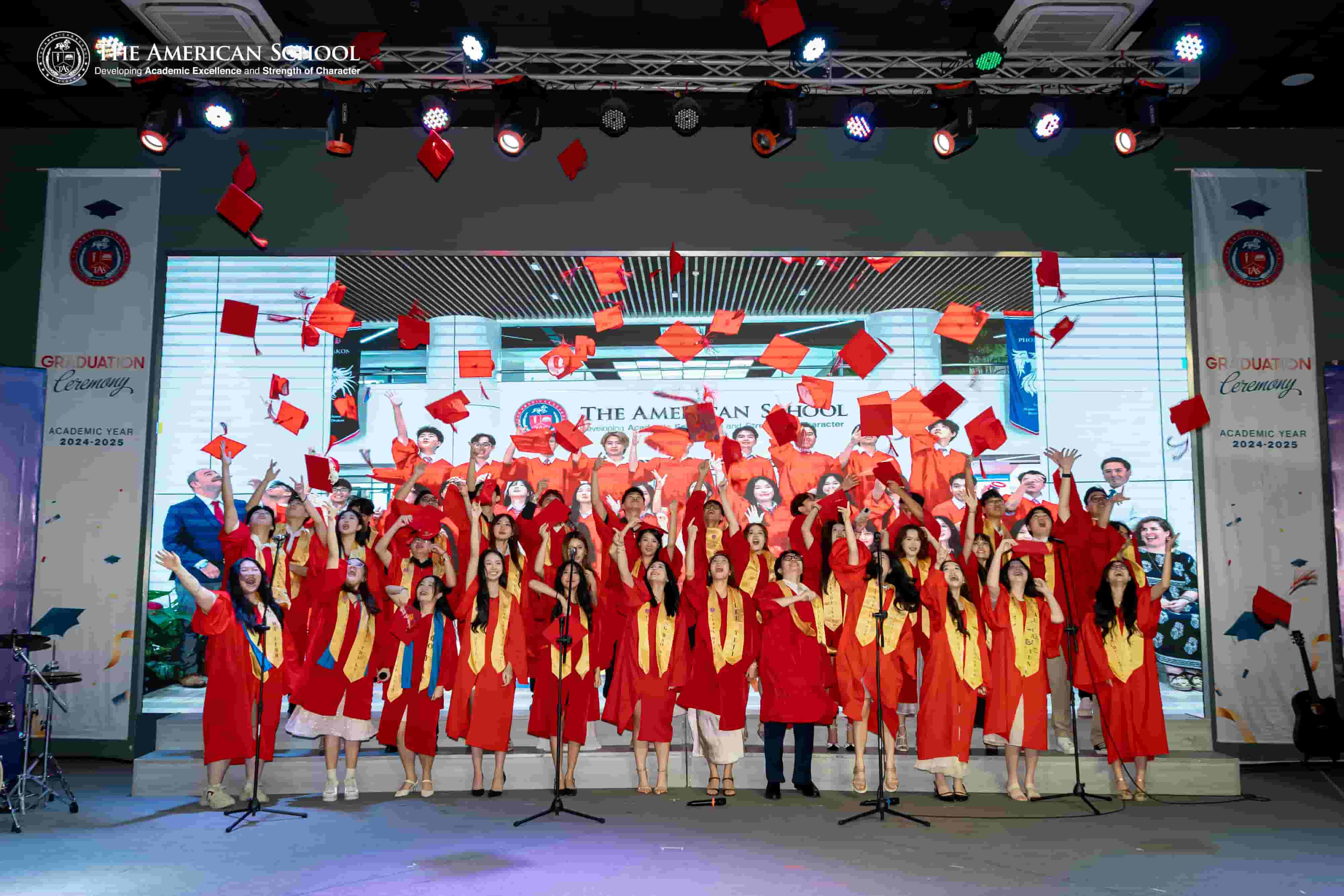
6. Is the IB Programme Suitable for My Child?
The IB Programme is ideal for students who are:
- Independent and curious learners;
- Interested in exploring and questioning beyond textbooks;
- Aiming to study abroad or attend top global universities.
It does require effort, self-discipline, and strong time management skills — but in return, students develop a lifelong love of learning, academic confidence, and personal growth that extends beyond grades.
7. Is the IB Recognized Internationally in Vietnam?
Absolutely.
All IB programmes delivered by schools officially authorized by the IB Organization are globally recognized.
In Vietnam, only a limited number of international schools currently offer IB, especially at the PYP (Primary) and DP (Diploma) levels. These schools are considered pioneers in international education within the country.
8. The American School (TAS) – Officially Implementing the IB PYP in Ho Chi Minh City
The American School (TAS) is one of the few American international schools in Ho Chi Minh City that implements the IB PYP (Primary Years Programme) for primary students.
The IB Programme at TAS encourages students to ask questions, think critically, and become independent learners — focusing on learning how to learn rather than memorizing facts.
TAS is also on track to introduce the IB Diploma Programme (IBDP) in the near future, completing its international academic pathway from Early Years through Grade 12.
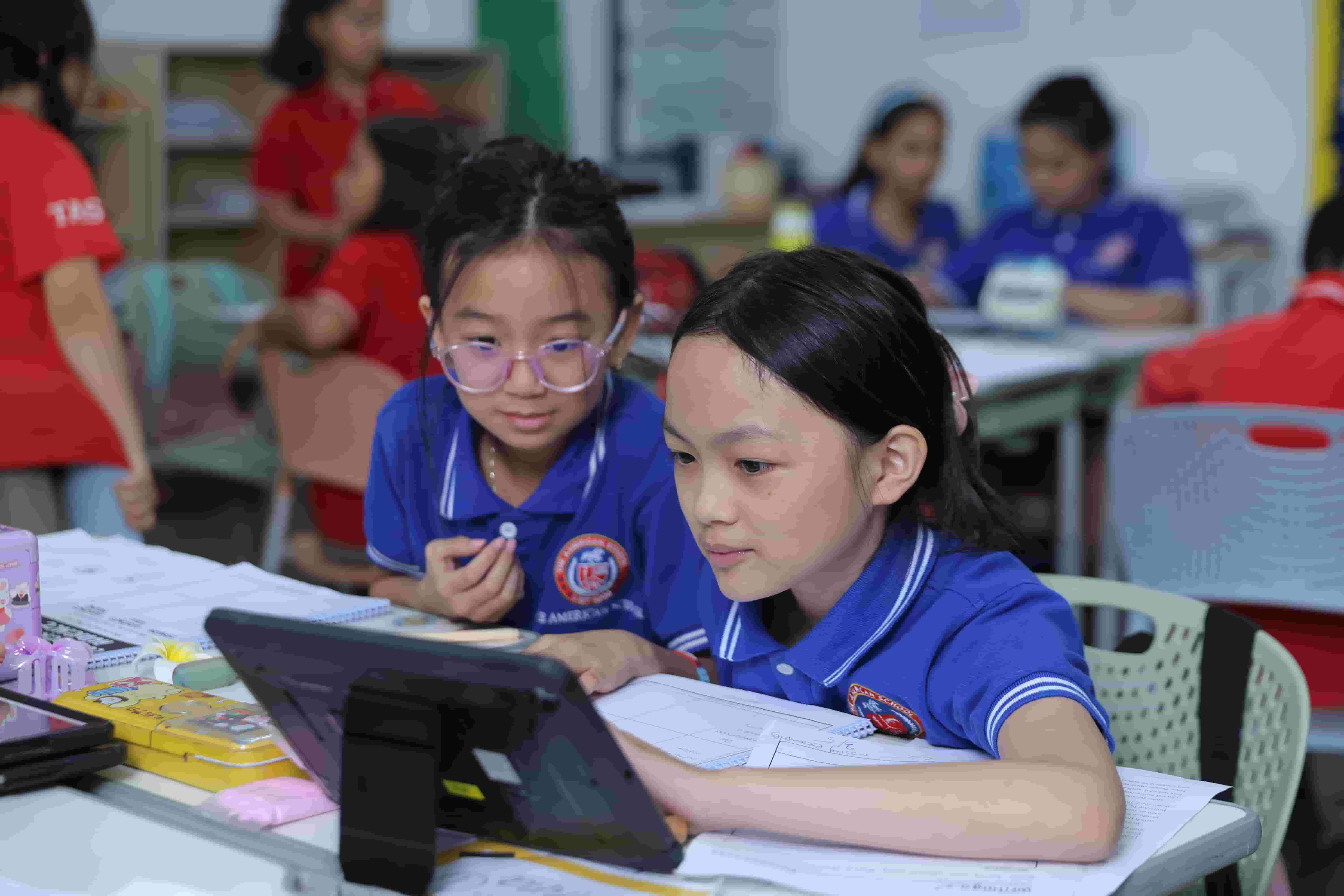
Parents can learn more at the TAS Academic Programme page or schedule a school tour via TAS Admissions.
9. Conclusion
The IB Programme is more than an academic system — it is a comprehensive educational philosophy that develops global citizens who are curious, ethical, and ready to thrive in a changing world.
In Ho Chi Minh City, The American School (TAS) stands out as one of the leading American international schools offering the IB PYP, blending global education standards with Vietnamese values and character development.
Explore more articles on international education at the TAS Blog to learn about IB, AP, and how TAS prepares students for the world’s top universities.


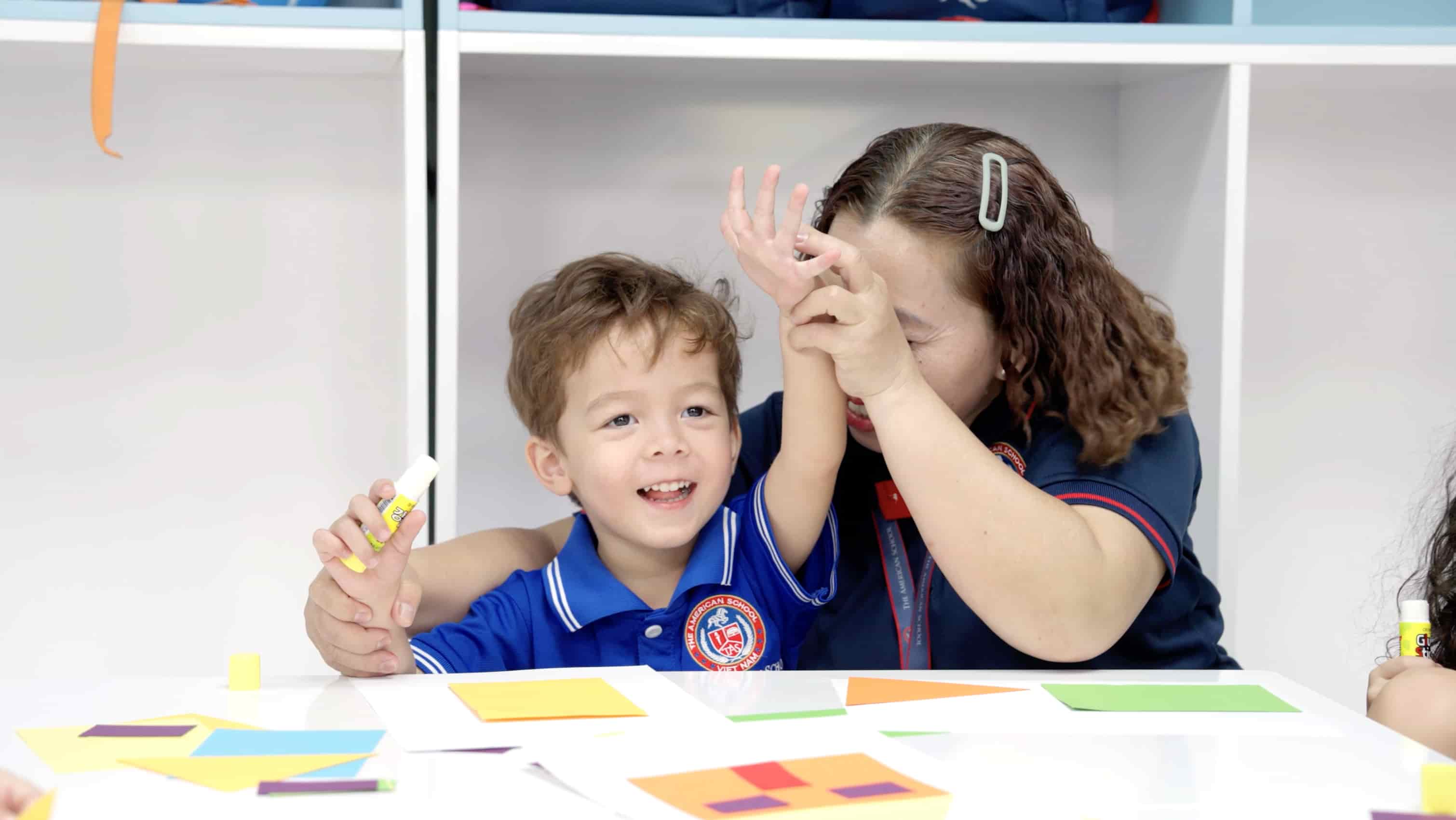




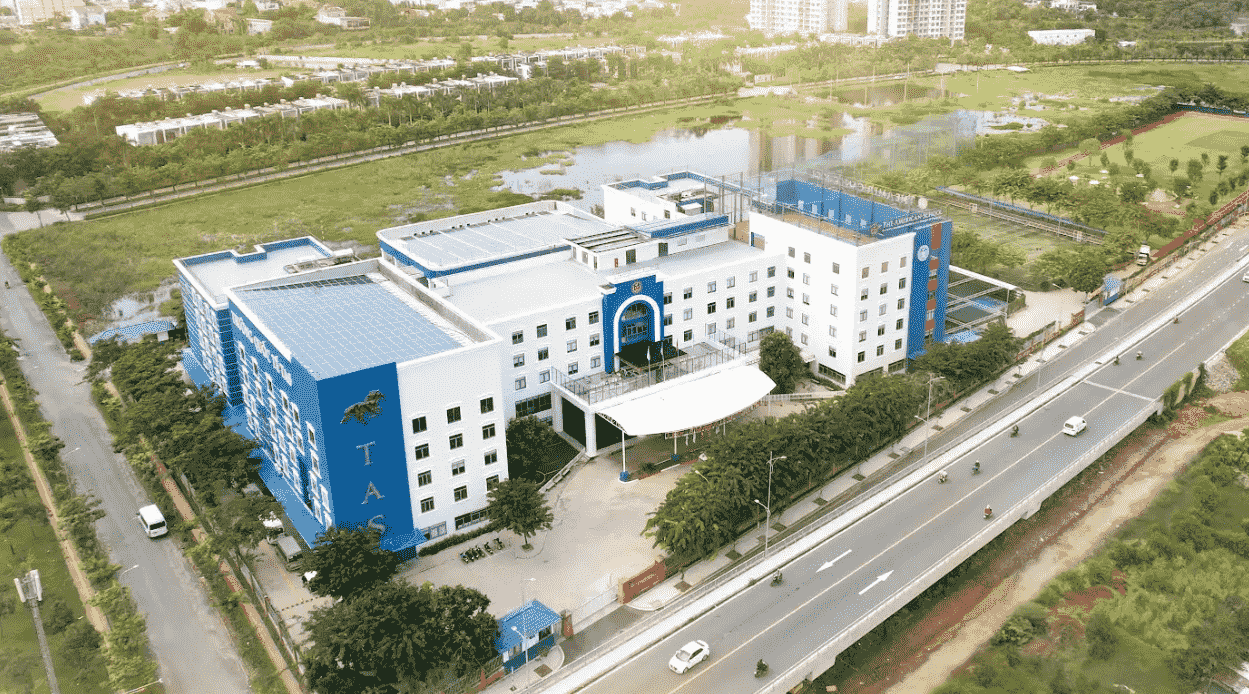
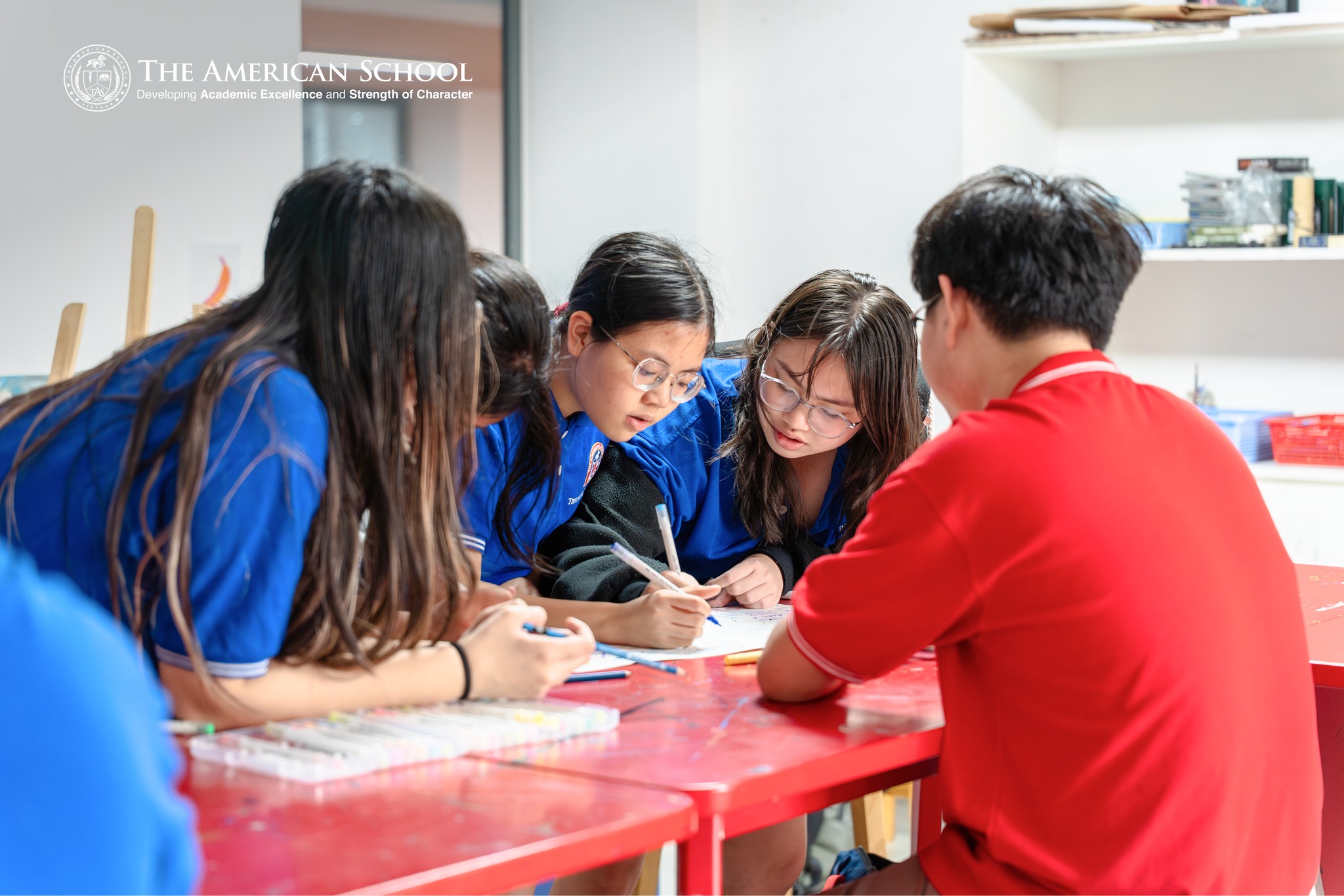
.jpg)
.avif)